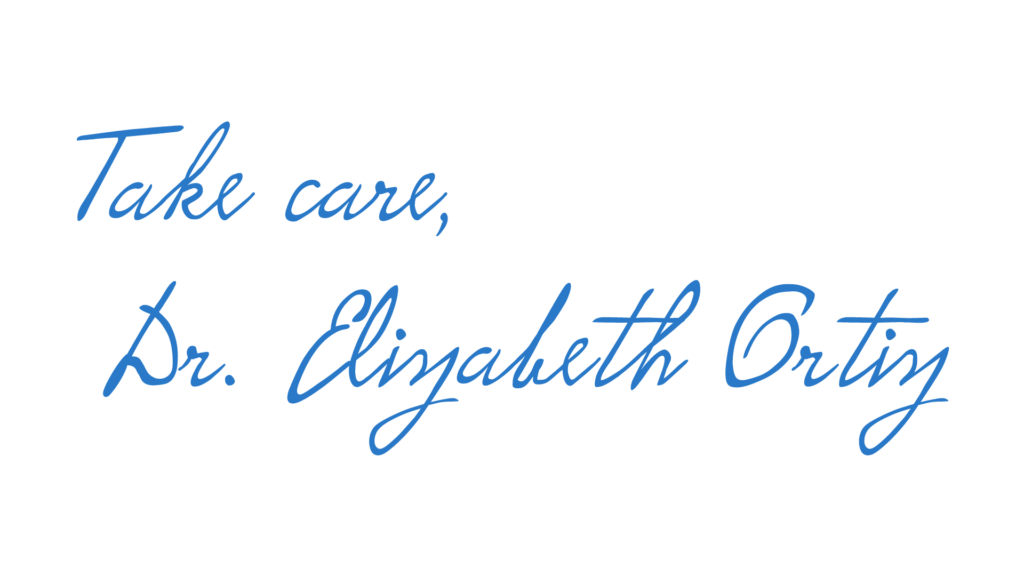When you’re diagnosed with an autoimmune disease, it feels like your world shifts overnight. You’ve got new doctors, new medications, and a long list of new symptoms to manage. But one of the most surprising parts of the whole journey? The flood of well-meaning, yet unsolicited, advice that starts pouring in. It’s like everyone you know suddenly becomes a health expert!
Dealing with this constant input can be tough, especially when you’re already navigating the complexities of your rheumatology care. But before you feel overwhelmed, let’s talk about how to sort through the noise and stay focused on what really matters—your health, your goals, and your well-being.
Everyone becomes an Autoimmune Disease Expert
The moment you share your diagnosis, you’re likely to hear things like, “My neighbor’s cousin cured her symptoms with this special diet,” or “Have you tried this new alternative autoimmune therapy?” And while it often comes from a place of love, it can be frustrating. Let’s be real—these comments can make you second-guess yourself and the plan you’ve set with your rheumatologist.
So why do people do this? Often, it’s because they genuinely want to help. Your friends and family may feel helpless watching you struggle, so sharing advice is their way of offering support. But that doesn’t mean you have to follow every tip or suggestion that comes your way.
How to Filter Out the Advice
The most important part of managing all this advice is to be clear about your own goals. When you understand what you want to achieve—whether it’s reducing fatigue, managing pain, or just finding balance—it becomes a lot easier to decide which advice aligns with your needs. Here’s a quick guide to help you filter through the flood of information:
- Ask yourself: Does this fit my goals? If a piece of advice doesn’t align with the direction you and your rheumatology team have set, it’s okay to politely decline.
- Think about the source: Is this advice coming from someone who has firsthand experience with autoimmune diseases? If not, it might not be worth considering.
- Check with your doctor: When in doubt, always bring outside advice to your doctor before making any changes. Even alternative therapies can have risks, especially when mixed with your current treatments.
Setting Boundaries (and Sticking to Them!)
Let’s face it—some people just don’t take a hint. If the advice keeps coming, you might need to set clear boundaries. Here are a few responses you can use to politely shut down the conversation:
- “Thanks so much for thinking of me! I’ll talk about this with my doctor at my next visit.”
- “I’m feeling confident in my treatment plan, but I appreciate you caring about me.”
- “It’s really helpful to have your support, but I need to focus on what’s working for me right now.”
Setting boundaries is not about pushing people away—it’s about making space for what you need.
Talking to Your Rheumatologist About Alternative Autoimmune Therapy
Alternative autoimmune therapies, like specific diets, supplements, or holistic treatments, often come up in conversations with well-meaning friends and family. While some of these options might be beneficial, it’s crucial to discuss them with your rheumatologist before trying them. Here are a few questions you can ask during your next appointment:
- “Have you seen people with my condition benefit from this alternative therapy?”
- “Is there any harm in trying it, even if it’s not proven?”
- “Could this interfere with my current medications or treatment plan?”
Remember, the best treatment plan is the one that works for you and is backed by good communication with your doctor.
You’re in Control
At the end of the day, you’re the one living with an autoimmune disease. You’re the one who has to make treatment decisions and manage symptoms. While it’s tough to navigate everyone’s advice, it’s ultimately about finding a plan that aligns with your life and your goals.
Don’t let well-intentioned advice derail your progress. Stay clear on your goals, work closely with your rheumatology team, and remember that setting boundaries is an act of self-care.

